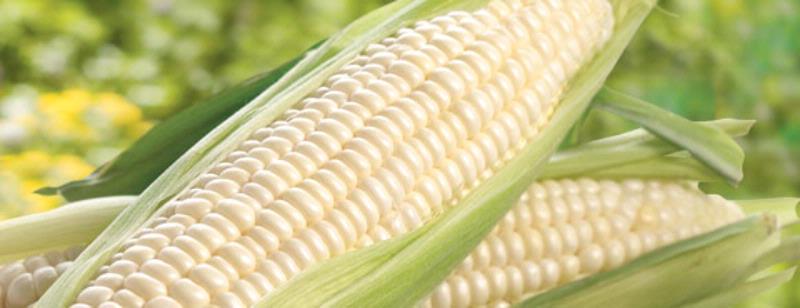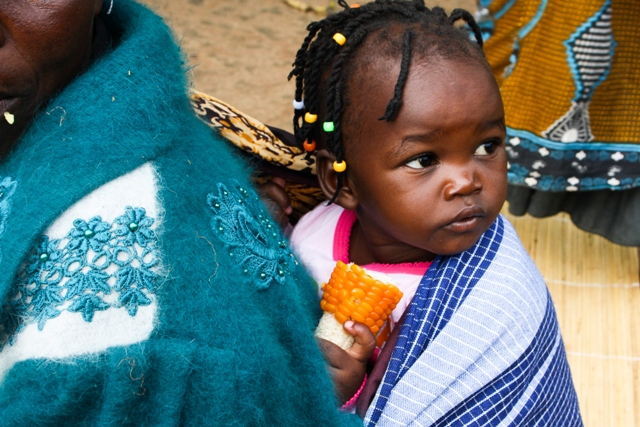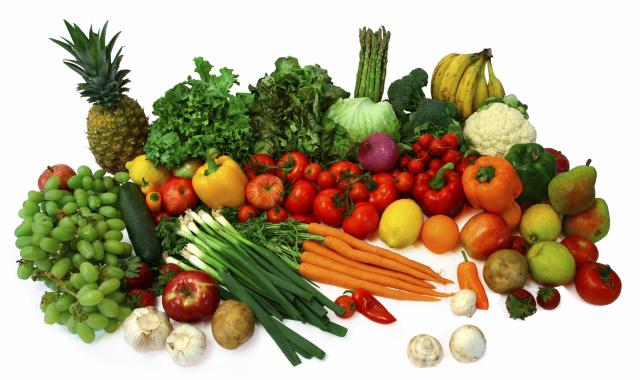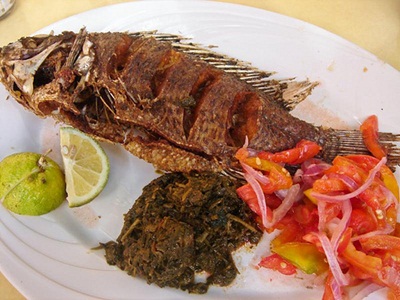

In most African countries maize or maize-based products are part of the staple diet. The maize that’s mostly eaten in Africa is of the white variety. However, a new study published in the American Journal of Clinical Nutrition advocates for the consumption of orange maize that is conventionally bred. The variety is also known as Vitamin A maize because it encourages the storage of the vitamin in our bodies due to its high levels of beta-carotene.
The reason carrots are encouraged for better vision is their own high concentration of beta-carotene, which converts to Vitamin A, which is the vision mineral. Lack of it Vitamin A can lead to blindness and increase the risk of death from diseases like diarrhea in children. Vitamin A deficiency is the main cause of vision problems for almost 500,000 children annually. Most homes in Sub-Sahara Africa eat a variant of cassava or maize everyday. These foods provide only carbohydrates, which may lead to malnourishment in young children or contraction of diseases such as kwashiorkor or Marusmas. Most homes can’t afford to eat orange fruits, carrots, dark leafy vegetables or meat, which have adequate amounts of vitamin A. The switch to eating orange maize may rectify the deficit in the vitamin’s intake in African homes. The over consumption of beta-carotene is not harmful to the body.
Although children in Africa receive vitamin A indirectly through supplements or fortified foods, the benefits of consuming beta-carotene rich foods such as orange maize or perhaps carrots can’t be surpassed, because the body regulates conversion of beta carotene into Vitamin A. Orange maize has already been embraced in some homes in Zambia and Nigeria where the HarvestPlus Company has provided the maize to more than 10,000 farmers. In addition to being virus resistant and drought resistant, the strains of orange maize are also high yielding.
HarvestPlus spearheads a global campaign for improving nutrition and public health through developing and deploying staple food crops that are rich in essential vitamins and minerals. It has also been the pioneer of other vitamin and mineral bred crops in Africa such as the Vitamin A cassava in the Democratic Republic of Congo and Nigeria, The Vitamin A orange sweet potato in Sub-Saharan Africa, Iron Beans in DRC, Rwanda and Uganda. The company is part of the global CGIAR Research Program on Agriculture for Nutrition and Health.














